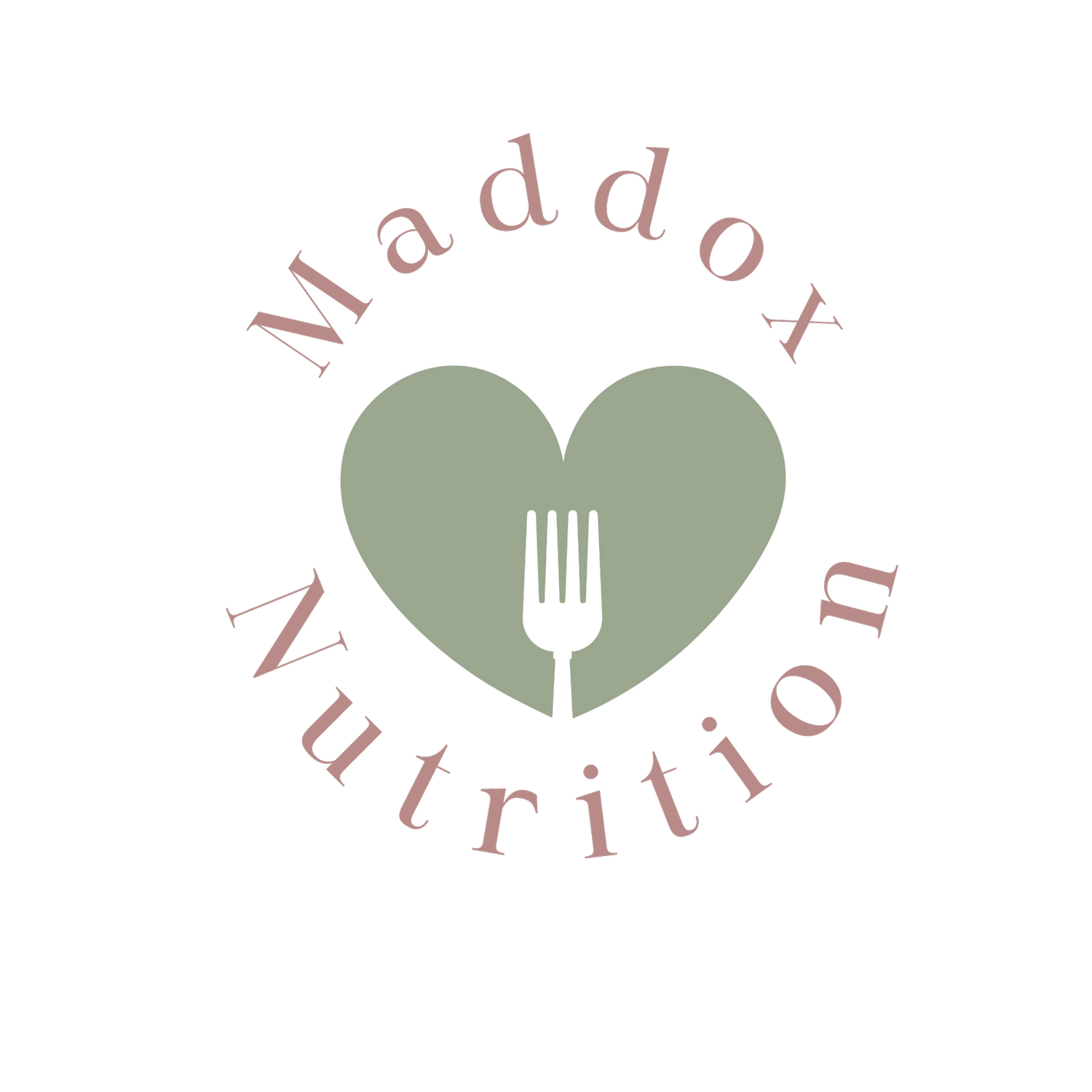Top Predictors of Successful Eating Disorder Recovery: What You Need to Know
Eating disorder recovery doesn’t happen by accident. It’s not the result of simply “eating more” or “thinking positively.” It’s a purposeful journey built on compassion, timing, the right kind of care and most importantly, support.
Whether you are walking through recovery yourself, supporting a loved one, or working as a treatment provider, understanding the best predictors of full, long-term recovery is essential.
This guide walks you through the key predictors of successful eating disorder recovery and offers insight into how you can be part of the solution.
What is eating disorder recovery and its types
Eating disorder recovery is more than just “eating normally again.” It’s a process of healing your relationship with food, your body, and your inner self.
Recovery doesn’t look the same for everyone, and that’s okay.
Some people focus on stopping restrictive behaviors. Others work on reducing binge episodes, overcoming food-related fears, or learning to feel safe in their bodies again.
You might be dealing with anorexia nervosa, bulimia nervosa, binge eating disorder, ARFID, or another form of disordered eating recovery can look different for each of these.
But no matter the path, eating disorder recovery always includes:
Nourishing your body consistently
Developing coping skills that don’t revolve around food or weight
Addressing the emotional and mental factors that led to the eating disorder
Rebuilding a sense of trust in yourself
5 predictors of successful eating disorder recovery
While every recovery journey is personal, research and lived experience consistently highlight certain factors that increase the chances of long-term healing.
1. Support from family and loved ones
You may be doing the inner work, but having someone beside you listening without judgment, offering encouragement, checking in makes all the difference. Support doesn’t mean pressure. It means feeling safe and accepted, even during your hardest days.
Family members, partners, and close friends can play a vital role in your healing. Sometimes that means helping you stick with a meal plan. Other times, it means just sitting with you during tough moments. If your loved ones aren’t sure how to help, consider guiding them toward family support groups or educational resources.
2. A multidisciplinary treatment team
You shouldn’t have to do this alone and you shouldn’t be expected to work with just one professional either. A strong eating disorder recovery team typically includes:
A registered dietitian who specializes in eating disorders
A therapist or counselor trained in disordered eating
A primary care doctor or psychiatrist to monitor medical needs
Each professional plays a different but equally essential role. Together, they address your physical health, emotional wellbeing, and behavioral habits. That collaborative approach builds a much stronger support system around you. If one of these professionals is missing from your team, your support sessions may not have the full benefit they can when all providers are collaborating within their scope of practice.
3. Access to a higher level of care when needed
A higher level of care refers to more structured and intensive treatment settings designed to meet more complex or severe medical, behavioral, or mental health needs. These include:
Intensive outpatient programs (IOP): A step up from weekly therapy, IOPs usually involve multiple therapy sessions per week, group support, and nutritional counseling while still allowing you to live at home and participate in work or school.
Partial hospitalization Programs (PHP) or day programs: These typically run five to seven days a week for several hours a day. You return home in the evenings, but spend most of your day receiving care. PHPs provide meal support, medical oversight, and a structured therapeutic environment.
Residential treatment: This is 24-hour care in a non-hospital setting. You live on-site and follow a daily schedule that includes therapy, meals, group work, and activities aimed at stabilizing and interrupting eating disorder symptoms for successful work in PHP, IOP, and the long term.
Inpatient hospitalization: The highest level of care, often necessary when medical or psychiatric stabilization is needed. This may involve being in a hospital setting with around-the-clock medical and psychiatric monitoring, especially if there are acute medical risks such as heart irregularities, severe malnutrition, or suicidal thoughts.
Having access to these levels of care and completing them is one of the strongest predictors of successful eating disorder recovery.
These programs provide the structure, consistency, and safety that outpatient care may not always be able to offer, especially during high-risk or crisis periods.
4. Early intervention and diagnosis
The sooner you receive help, the better. But note that this doesn’t mean late consultation and late recovery is impossible, it just means catching disordered behaviors early can prevent deeper harm.
Eating disorder recovery tends to be more effective when behaviors and thought patterns haven’t been present for years. This highlights the importance of recognizing red flags like sudden weight changes, obsessive food rules, frequent body checking, secretive eating, or guilt after meals.
Especially for children and adolescents, the sooner the eating disorder is detected and treated, the better outcomes for long-term freedom from the eating disorder.
If you’re reading this and feel uncertain about your relationship with food, don’t wait for things to get worse. Reach out now. Early support doesn’t just prevent harm it creates opportunity for healing.
5. Personal motivation and readiness for change
One of the biggest myths about eating disorder recovery is that you need to feel completely ready or confident before you begin. The truth? That level of certainty rarely exists and waiting for it can delay the help you need.
Most people don’t wake up one day fully motivated and sure of their next steps. Instead, recovery often begins with a quiet willingness. A willingness to try, to ask for help, and to stay open to the possibility that life can look different.
Motivation in eating disorder recovery doesn’t always show up as confidence or clarity.
In fact, it often starts with exhaustion. You’re tired of feeling trapped in your own thoughts. Tired of tracking every bite. Tired of the shame, the fear, the rules that never seem to end. That weariness the moment when something inside you says, "I can’t keep living like this"—can be the spark that sets recovery in motion.
The role of a dietitian in eating disorder recovery
Food can become a source of anxiety, guilt, or confusion in the midst of an eating disorder. A registered dietitian who specializes in eating disorder recovery doesn’t just focus on what you eat, they support how you think and feel about food.
Here’s how a dietitian actively supports eating disorder recovery:
Rebuilding a nourishing relationship with food
A dietitian helps you bring food back into your life in a way that feels safe and sustainable. You learn how to eat regularly again, explore a variety of foods, and begin letting go of guilt tied to eating.
Instead of obsessing over numbers or ingredients, you focus on what fuels your body and fits your lifestyle.
Over time, this builds trust between you and food so meals become less about fear and more about nourishment.
Addressing food fears and nutritional gaps with compassion
Many people in recovery face fears around specific foods like carbs, fats, or sweets.
A dietitian gently helps you challenge those fears at your own pace, without pressure or judgment. They also work to restore any nutritional deficiencies that may have developed over time.
Whether it’s low energy, digestive issues, or missed nutrients, your dietitian creates a plan that meets your body’s real needs while honoring your emotional wellbeing.
Gentle, non-prescriptive nutrition support
In eating disorder recovery, strict rules don’t heal their harm. That’s why dietitians who specialize in this area use a flexible, non-diet approach.
You won’t be handed a rigid meal plan or forced into perfection. Instead, you receive guidance that supports consistency, variety, and satisfaction. This helps remove shame from eating and allows space for progress, even when every day doesn’t look the same.
Eating disorder recovery is a lifelong investment in health
Recovery is not linear. You’ll have ups, downs, pauses, and breakthroughs. That doesn’t mean it’s not working. Every step you take builds resilience.
You’re not aiming for perfection. You’re aiming for freedom to eat, to move, to live without obsession or fear. That freedom takes time, but it’s worth it.
Eating disorder recovery isn’t about going back to who you were before. It’s about becoming someone stronger, more grounded, and more at peace with yourself.
Resources and where to find help
You don’t have to figure this out alone. There are resources available, both local and online, that can connect you with professionals, peer support, and education. Here are a few places to start:
Maddox Nutrition Services: Our nutrition practice composed of registered dietitians who specialize in eating disorder recovery. We offer compassionate, evidence-based care to help you rebuild a healthy relationship with food and your body.
National Eating Disorders Association (NEDA): Provides screening tools, educational resources, and a helpline to support individuals and families affected by eating disorders.
Finding Balance: For those who seek a Christian faith-based approach to recovery. They offer support and prayer groups, courses, and have a Christian treatment provider finder on their website.
Local dietitians or therapists specializing in eating disorders: Search professional directories or ask your healthcare provider for referrals to find a team that fits your needs. Look for providers with career experience working with eating disorders or certifications like the Certified Eating Disorder Specialist (CEDS) credential.
—
What you need to know
The difference between a Dietitian and Nutritionist
A dietitian is a regulated healthcare professional who has completed formal education in nutrition and dietetics, undergone supervised training, and is licensed to provide medical nutrition therapy for conditions such as diabetes, eating disorders, or gastrointestinal issues.
The title “dietitian” is legally protected in many countries, ensuring that only those who meet strict professional standards can use it.
In contrast, the title “nutritionist” is not always regulated, meaning anyone can call themselves a nutritionist regardless of training, though some may hold advanced degrees or certifications. Generally, dietitians are qualified to offer clinical nutrition care, while nutritionists often focus on general wellness and healthy lifestyle guidance.

